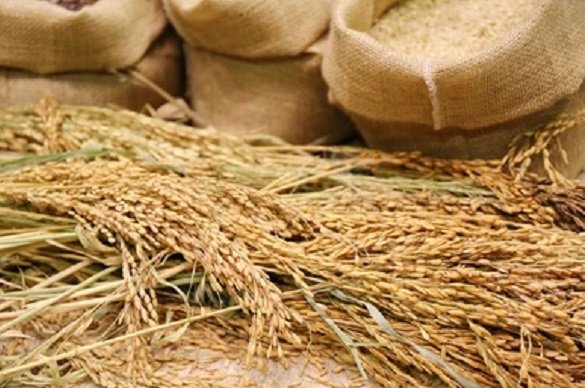Govt protects farmers interest through wheat exports restriction: APEDA Chairman
Requests from several countries for importing wheat from India are being processed at the government level
M Angamuthu, Chairman, APEDA, recently stated that the government’s move to restrict wheat exports last month has been primarily focussed on meeting domestic demand while protecting the farmers’ income.
Angamuthu said India has kept its wheat export options open for those developing countries to meet their food security needs after restriction on shipment of wheat was announced last month. Requests from several countries for importing wheat from India are being processed at the government level.
This year, wheat farmers have been immensely benefited in terms of procurement by the government’s agencies at Minimum Support Price (MSP) while a significant chunk of commodity has been sold to private trade at much above MSP.
The decision to ban wheat export was taken to ensure the availability of wheat for the domestic supply chain. Sudden spurt in exports in April created concern over domestic price stability and supply that prompted the government to take the ‘regulatory’ measure like restricting wheat export.
Keeping the interest of farmers as the top priority, the government allowed them to sell their wheat at higher prices at above MSP to private traders across several mandis besides procuring wheat at MSP across all the key grain growing states including Punjab, Haryana, Uttar Pradesh, Madhya Pradesh and Rajasthan.
The Government had regulated wheat export from May 13, 2022 which changed the market dynamics, preventing speculative wheat trading and cooled down the inflationary trend of the price of wheat and products made out of it in the domestic market.
Requests from several countries for importing wheat




